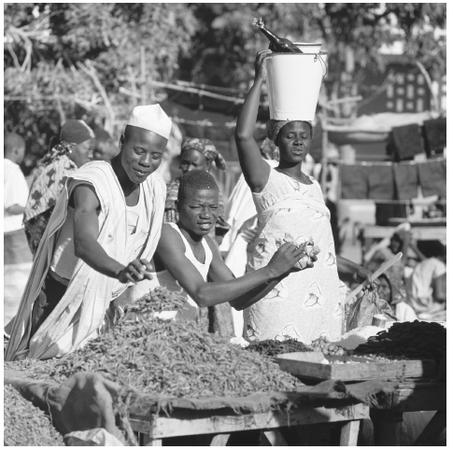News, Events, Scandals, Lifestyle, Fashion, Beauty, Inspiration and yes... Gossip! *Wink*
Sunday 5 August 2012
JUST IN CASE WE HAVE FORGOTTEN THIS IS THE HISTORICAL BACKGROUND OF NIGERIA
Nigeria is undoubtedly the most populous country in Africa, with a population of over 150 million people. There are well over 350 ethnic groups in Nigeria, each of which has its own customs, traditions and languages. The larger groups include the Hausas, Fulanis and kanuis in the North. The Tivs and Nupes in the middle belt and the Yoruba. Ibos, Efiks, lbibio, Ijaws and Edos in the South.
The story of modern Nigeria began on January 1, 1900 when the flag of Royal Niger Company was hauled down at Lokoja and Britain formally assumed a History of the Country as one political entity dates from 1st January, 1914 with the amalgamation of the Northern and Southern Protectorates, and the first Governor General, Sir Frederick Lugard, established the Nigeria Council which included 6 Africans. In 1922, under Sir Hugh Clifford, a Legislative council, of which 10 members were Nigerians, was formed. There was also an Executive Council to which the first Nigeria was appointed in 1942. The Advisory Regional House which formed the basis of today’s Federation was also inaugurated with a new constitution in 1946. On 1st October, 1960, Nigeria gained her independence and became a sovereign nation.
Pre-Independence Nigeria
The period between 1940-1960 witnessed the rise and triumph of nationalism over the powers of colonialism in Nigeria. This period saw the prevalence of infectious nationalist fervor. It was a period during which Nigerians were prepared to stake their live for Nigeria. Men like Herbert Macaulay, Tafawa Balewa, Obafemi Awolowo, Ahmadu Bello, Michael Okpara and Nnamdi Azikiwe who believed in, live and died for Nigeria held sway. During this period, it was a thing of pride to be a Nigerian.
Personal and material gains were not important. Collective prosperity and well being of Nigeria as a nation was paramount. Tribal sentiments were viewed as petty. In those days, Nnamdi Azikiwe, a man of Ibo extraction could be a politician in the Western part of Nigeria. In the period before Independence, hope for a better Nigeria was high and dream of a prosperous of Nation was shared by all. Everyone looked forward to a Nigeria that was ours. When we found that Nigeria, what did we do with it?
Post Independence Nigeria
Selfless nationalist zeal coupled with untainted patriotism earned us independence in 1960. Soon after independence however, greed, avarice, tribalism and nepotism took over the bodies and souls of our leaders, who in turn sold these ungodly qualities to their followers. The North became for “Northerners’, the East for Easterners” and the West for “Westerners”. Nigeria gained independence without violence, but immediately after independence, politics of violence, bribery and corruption set in, eroding the gains of the pre-independence era. As a result of the degeneration in the Values System of our people.
Subscribe to:
Post Comments (Atom)

Greetings from Carolina! I'm bored at work so I decided to browse your website on my iphone during lunch break. I enjoy the info you provide here and can't wait to
ReplyDeletetake a look when I get home. I'm surprised at how quick your blog loaded on my cell phone .. I'm not even using WIFI, just 3G .
. Anyhow, very good blog!
Also visit my web page ... diets that work